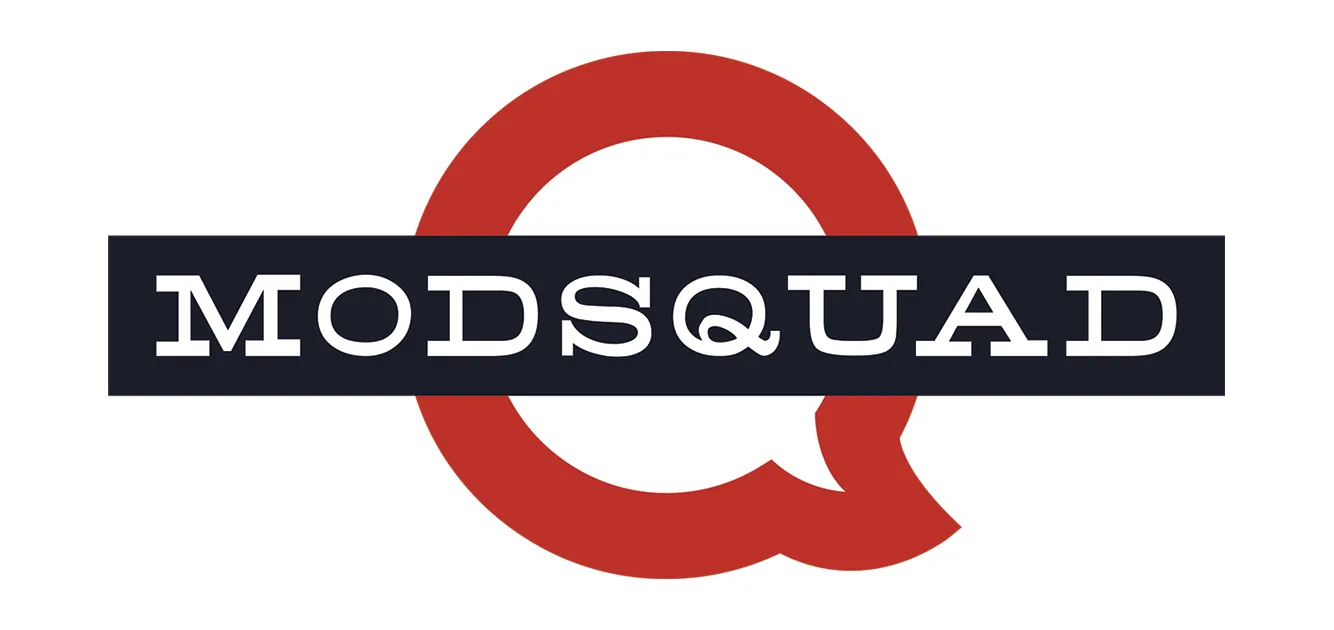
Global Customer Service and the Beauty of Language
Living in the southern United States, I always enjoy it when I get the chance to hear different languages from around the world (even if I don’t understand a word they are saying). Watching movies, TV shows, or just listening to two people communicating in a language that is completely alien to me makes me realize how wonderful and complex our world is!

And it is with the power of language that we can create new ideas, teach old ones, support one another, and even inspire people to physically change the world! It’s one of the defining qualities of our species. And yet, it’s not always an easy road.
Not only am I an active Netizen who plays games and communicates digitally, I’m a project manager at Metaverse Mod Squad, and I work on a variety of projects from moderation to customer service. Since we’re a digital company, not only are my clients from countries other than my own, but my teams can be quite diverse as well.
We are often challenged with the same issue: how do we support and solve problems for people who don’t speak the same language as we do?
According to stats, 55% of the content offered online is in English, while 27% of internet users are English-speaking. Meanwhile, 25% of internet users speak Chinese but only make up about 3% of the content online, and 8% are Spanish-speaking with only 4.6% Spanish content.
 Not all companies provide foreign language support. Within my customer service projects, I may receive emails in Italian, French, German, Spanish, etc, or, I may receive tickets from someone who struggles with English, or is attempting to use it for the first time.
Not all companies provide foreign language support. Within my customer service projects, I may receive emails in Italian, French, German, Spanish, etc, or, I may receive tickets from someone who struggles with English, or is attempting to use it for the first time.
Currently, Metaverse Mod Squad has upwards of 10,000 mods in over 40 countries, and we cover 18 languages (and counting). Now, not everyone has that sort of talent pool. And although we have the resources, often we’ll encounter clients who wish to keep all outgoing communication in English.
If you come across a digital customer or community member in need of assistance, and you do not have access to bilingual staff, here are some steps I recommend:
Utilize resources. Use Google Translate or Yahoo’s Babel Fish. Make sure you can understand the problem at hand in order to effectively provide support.
Define the problem and break it down. Once you identify the issue, simplify it. You can’t help anyone without step by step instructions. Avoid being verbose, and stick to the essential steps. Ikea has this figured out as most of us don’t understand Swedish, or the hex wrench.
Beware of using industry specific jargon. Stick to simple, and avoid confusion with certain terms or phrases that are industry standard. For example; the @ symbol is very diverse in its meaning (in Czech it’s known as the pickled herring). Is something “at rate,” or do you need to define a verbatim string (C#), or simply define an email address?
Be patient. If at first you don’t succeed, try a different approach. Languages are as complex as they are beautiful and we may not understand each other at first.
Be empathetic with mistakes. Context does carry a great amount of value, but be mindful of colloquialisms. When English isn’t someone’s first language, it’s natural to use the wrong word, or make errors in spelling and grammar.
Don’t explain it like the person is five-years-old. Yes, you may need to use more generic, or descriptive language, but you always want to treat them with respect. Be thorough, but do not be condescending.
 Maybe one day everything will be like Star Trek, and we can simply wear a little medallion that works as a universal translator. Until then, perhaps pick up a brand new language? A few words here and there, or pick up some helpful sentences. Use your skills to support your fellow netizens, and keep exploring the beauty of language!
Maybe one day everything will be like Star Trek, and we can simply wear a little medallion that works as a universal translator. Until then, perhaps pick up a brand new language? A few words here and there, or pick up some helpful sentences. Use your skills to support your fellow netizens, and keep exploring the beauty of language!
Kevin Dudenbostel
Project Manager

